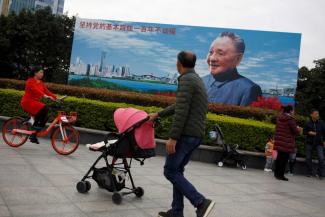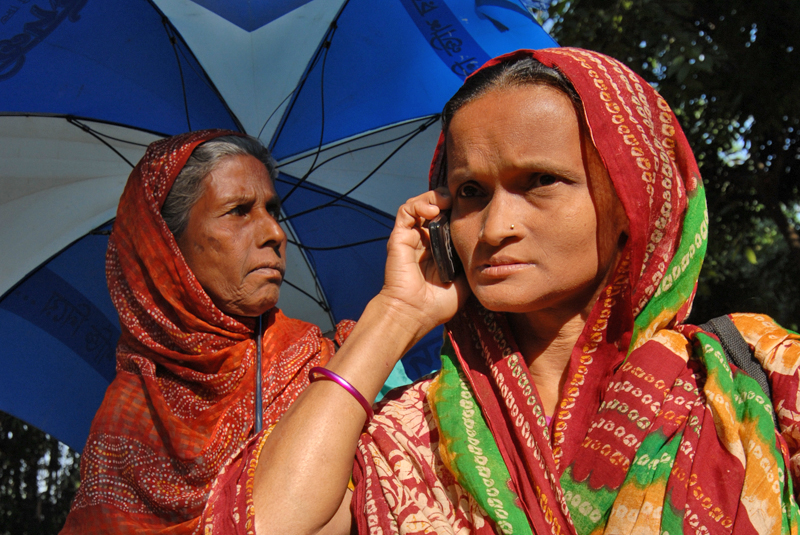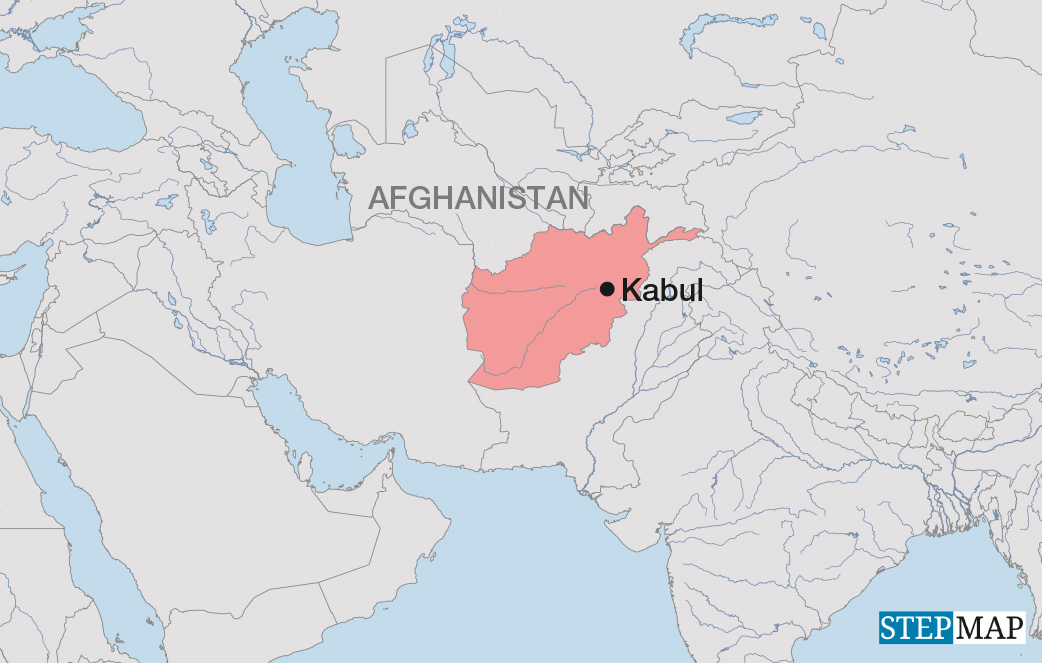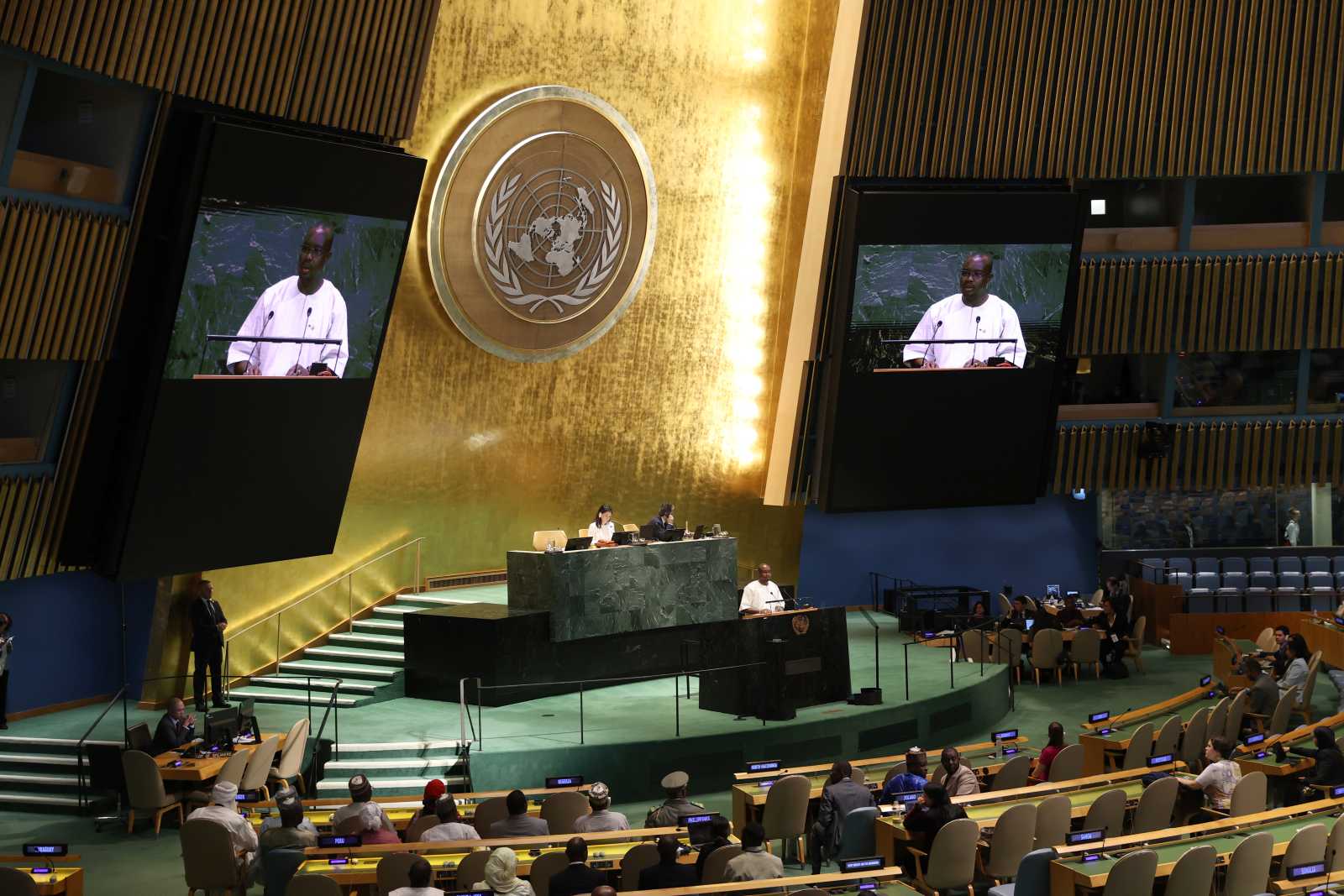Development studies
Why development depends on a national elite’s shared vision

The subtitle of the book “Gambling on development” promises an explanation for “why some countries win and others lose”. According to Dercon, what matters most is a national elite consensus that prioritises economic growth. Where such a “development bargain” is in place, government funds will be used to build infrastructure, improve public education as well as health care, the professor from Oxford University argues. Policies of this kind often help to reduce poverty. Moreover, macroeconomic management is likely to be prudent, and there will be scope for new export-oriented industries.
In settings of this kind, official development assistance will be normally used productively, so donor governments need not worry much about monitoring or setting conditions for loans, writes Dercon, who used to serve as chief economist at Britain’s Department for International Development (DfID) as a part time job. His preferred term is “aid”, but the way he uses it is not paternalistic. He does not want experts from advanced nations to tell poor partners what to do. Understood his way, “aid” assists the policies that result from a partner country’s government implementing the elite consensus. Their development bargain matters, the international agencies not so much.
Dercon spells out that countries which lack an indigenous “development bargain” will not take off economically. Instead, vested interests will keep exploiting them the way they have done in the past. They will thwart serious reform attempts in fear of losing privileges and rents. The author insists that elite groups run risks when they agree on a development deal. That gamble, however, has often proved worthwhile. A growing economy means new opportunities, many of which benefit the established elite, though less fortunate people often benefit too.
China’s rise
In the past four decades, China was the country that achieved the most spectacular development results. Dercon’s explanation fits quite well. He rejects the Communist regime’s narrative, according to which determined authoritarian leadership created the conditions for fast economic growth and broad-based poverty reduction. In Dercon’s eyes, what really made the difference was not despotic rule. Success resulted from the top leadership
- taking an interest in testing different policy options,
- giving local leaders scope to experiment in ways those leaders deemed best, and
- then copying at the national level what worked out well at local levels.
Dercon insists that no dictator can simply order underlings to kickstart successful development. The great challenge is to find out what will do the trick. In China that meant giving local leaders the autonomy to experiment without permanent intervention from above. It also meant assessing results objectively and fairly. Doing these things required a shared vision within the Communist Party rather than a strong leader who based his power on the fear of his underlings.
In three decades, the consensus-based experimental approach to policymaking turned China from one of the poorest countries on earth to the second most powerful nation. Deng Xiaoping is praised for establishing this development regime. The full truth, according to the Oxford Professor, is that he relied on the voluntary support of many other party cadres. The shared vision of what was to be achieved was crucial.
Discredited despotism
Not personal despotism, but competent administration based on evidence and shared principles made China prosper. Accordingly, many countries under authoritarian rule, but without a development bargain keep failing. If dictatorship as such were the key to success, Nigeria would now be an advanced nation. As Dercon spells out, it still does not have a development bargain in spite of a long history of military dictatorships. The elite consensus, according to the economist, is to share as much as possible of the nation’s oil wealth among one another. Things are even worse in the Democratic Republic of the Congo, Dercon adds, because the elite consensus there allows strong players to employ violent militias in looting efforts.
On the other hand, authoritarian leadership is not needed for a development bargain to emerge. Bangladesh’s trajectory followed a different pattern. When the country gained independence from Pakistan in 1971, it was internationally considered to be a hopeless case. Four decades later, it was the South Asian country that excelled in terms of achieving the Millennium Development Goals.
Bangladesh’s development indicators still show it is performing better than Pakistan and India in many dimensions. Dercon argues that the development bargain which private-sector investors, government bureaucrats and civil society leaders have endorsed for a long time has proven to be quite effective. In spite of the country’s reputation for corrupt and dysfunctional politics, actual policies turned out to be quite smart. Bangladesh has created strong export sectors, improved both hard and soft infrastructures and created new opportunities for masses of people, including the poor.
What donor governments can do
As a former DfID official, Dercon shows a keen interest in what donor countries can and should do. One of his messages is that setting tough conditions does not help. As he points out, Pakistan still does not have a development bargain in spite of many IMF bailouts that all went along with strict conditionalities.
Sometimes, however, foreign financing makes a positive difference beyond supporting an existing development bargain. In the early 1990s, for example, an IMF bailout helped to redefine India’s elite consensus. As Dercon elaborates, central planning had previously allowed vested interests to keep exploiting their fiefdoms. Then a severe fiscal crisis was used to liberalise the economy to a large extent. Subsequent growth entrenched a new paradigm, which the elite now shares. This development bargain is weaker than the one in Bangladesh, but it is obvious that no major political force wants to turn back to the overregulated former system.
In difficult settings, however, aid can become part of the problem. Dercon’s assessment of Afghanistan offers a striking example.
The big irony of international affairs, however, is that international funding often looks most urgent in places where it can achieve the least. Like Afghanistan, other very poor and strife-torn countries with dysfunctional states do not have development bargains. Nonetheless, donor governments often see the need to provide assistance, at least of the humanitarian kind.
Dercon’s advice for settings like this is to pay close attention to whether a productive elite consensus may be emerging and to do one’s best to assist the forces who show an interest in establishing a development bargain. According to his insights, such bargains often emerge in times of crisis when business as usual becomes unviable. Moreover, competent technocrats in the national bureaucracy often help to broker it.
The book includes many case studies as well as a reappraisal of recent development theorising. Dercon’s skillfull review of the past 20 years’ most important books is a useful primer for anyone unfamiliar with development studies. His elaborations draw on all of them. He is a development scholar who clearly deserves attention.
Hans Dembowski is editor-in-chief of D+C/E+Z.
euz.editor@dandc.eu















